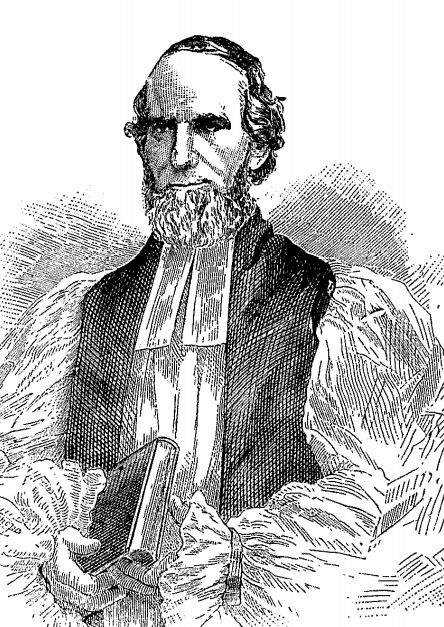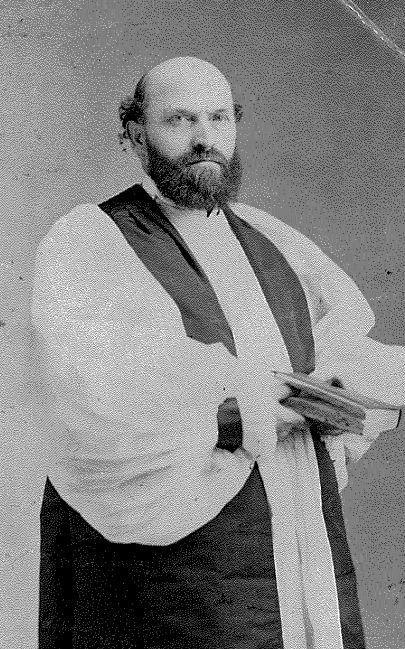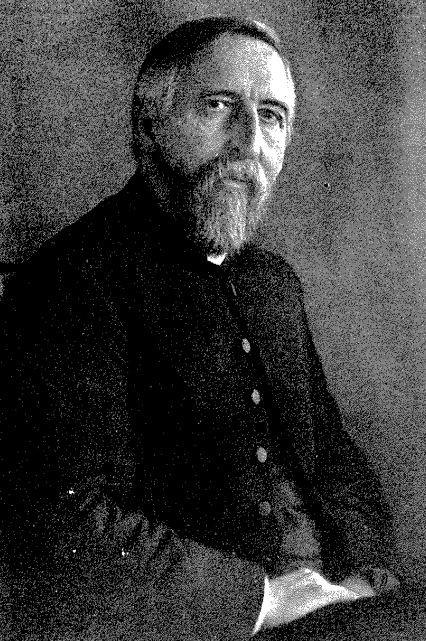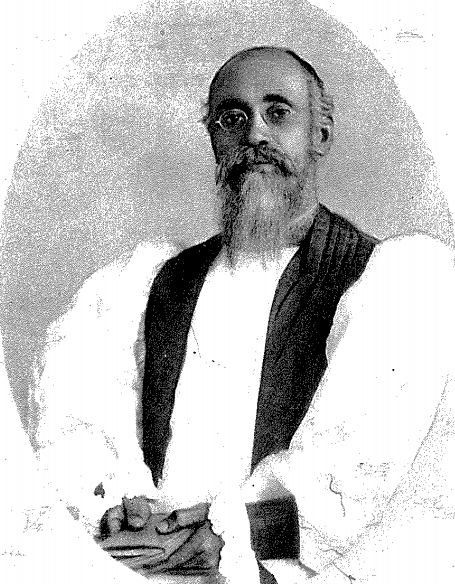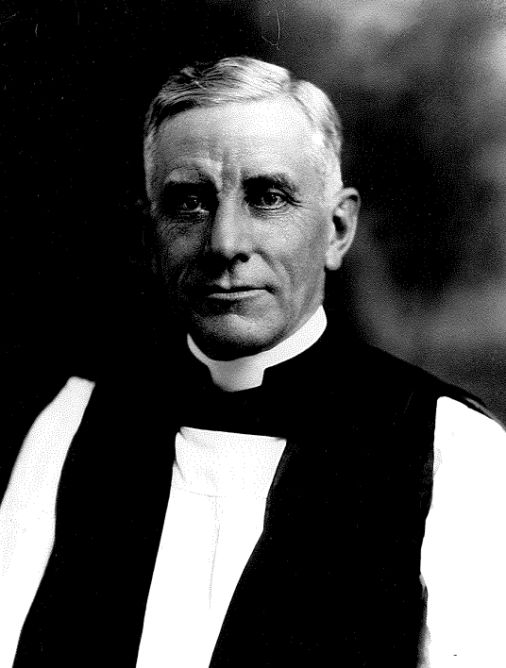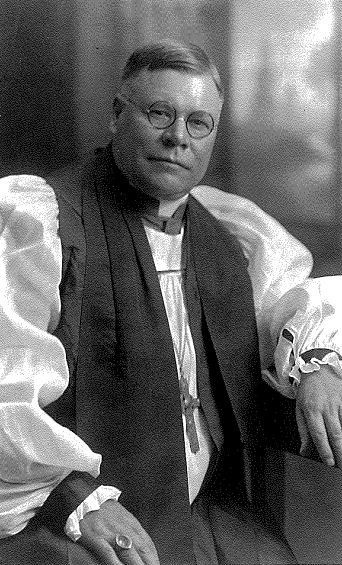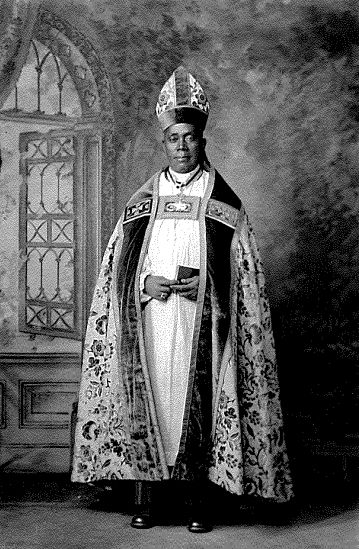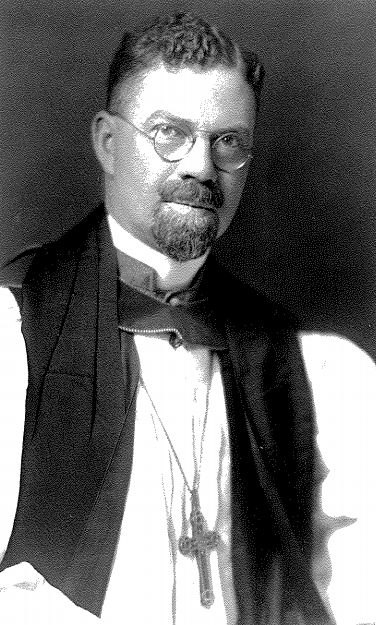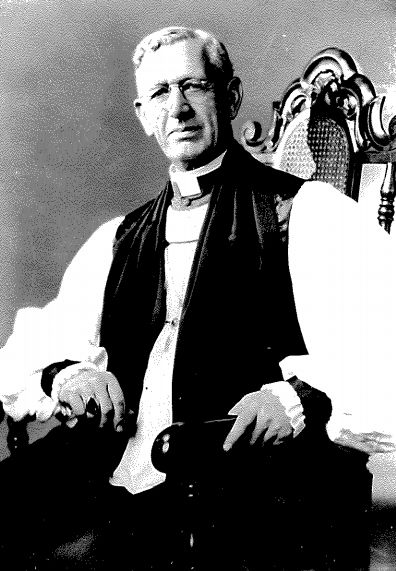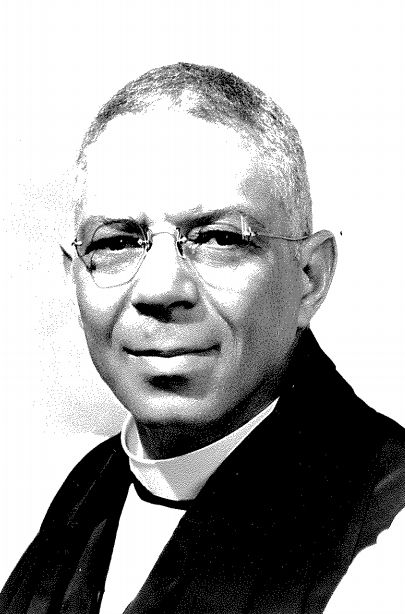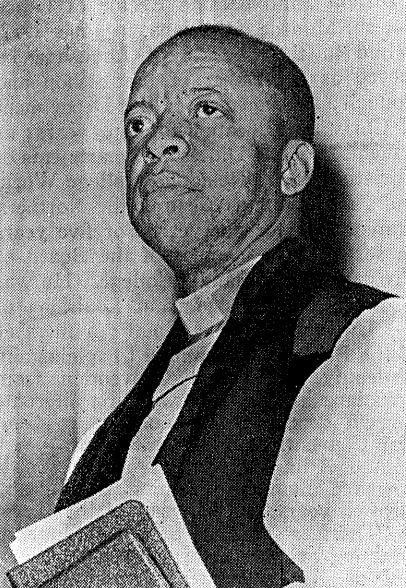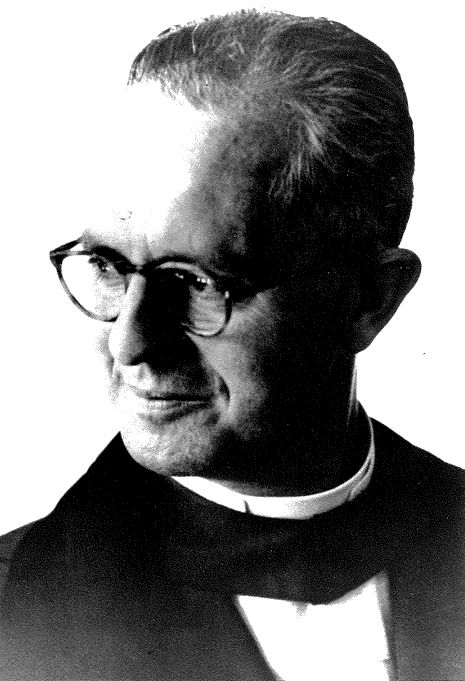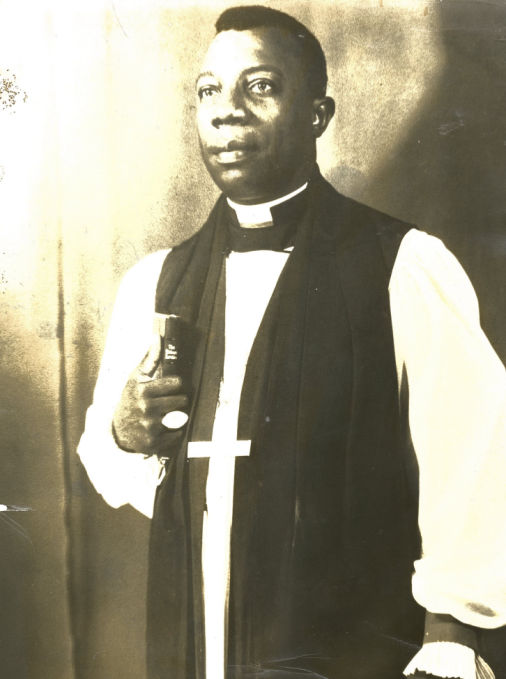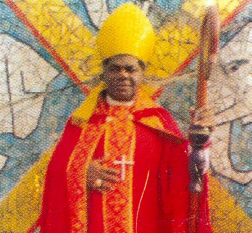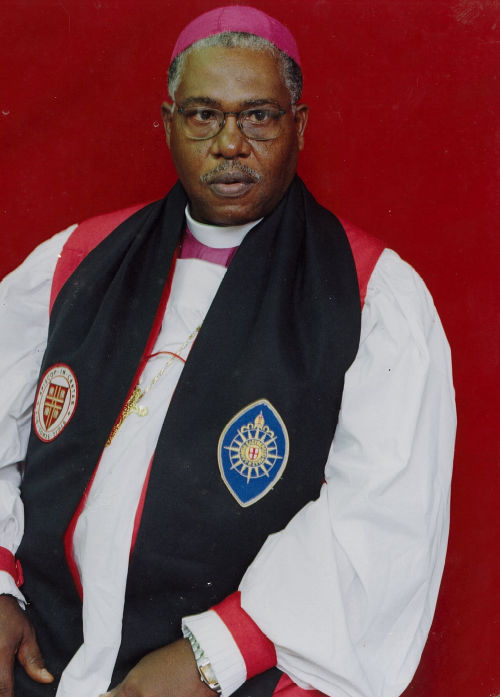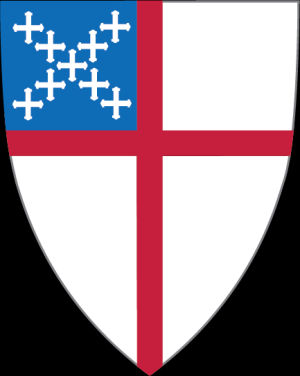DOMESTIC AND FOREIGN MISSIONARY SOCIETY (DFMS)
The Domestic and Foreign Missionary Society (DFMS) of the American church initiated missionary work in Liberia when pioneering Episcopal clergymen, the Rev. Joseph R. Andrus and the Rev. Ephraim Bacon set foot on Liberian soil in 1821 with the first black colonists from the United States. Thirteen years later, lay leaders, James Madison Thompson and his wife, Elizabeth Mars Thompson were appointed as teachers “under patronage and direction of the Episcopal Missionary Board.”
